How much does it cost?
You've got your place at university, and now you're thinking about where to live and how much it'll cost. Not to worry, we've put together information to help you think about all the different aspects of university life and what makes Falmouth such a unique location in which to study.
Please be aware that the information below offers general guidance. Costs will vary depending on whether you are studying at undergraduate or postgraduate level, and whether you are studying on campus or online.
Key costs to consider
There are lots of things you'll want to include in your budget for university. We've included a few of the key ones below, but this list isn't exhaustive, so it's best to consider your current outgoings and anything additional you'll need to budget for when studying with us.
Tuition fees vary depending on the programme you’re studying and on your fee status. Visit our Tuition fees page for a breakdown of fees by study level.
Another significant factor to consider is your additional course costs. This can include costs for things like materials, field trips or specialist equipment. You can find a guide to these typical course costs under the Fees, Costs and Funding tab on your course page.
It's also helpful to have a look at the most recent Welcome Letter for your course. These are letters new students receive, explaining in more detail what the costs for year one of study will be on that specific course.
If you're a first-year student you may choose to stay in University-owned or managed accommodation. The cost usually includes most bills, and can vary depending on your needs and preferences. You can look at options and prices on our accommodation page.
Second and third-year students usually choose to live in privately owned houses in Penryn and Falmouth. These vary in cost depending on the size of the property, its location and specifications.
If you're living in university accommodation, you'll usually have your bills included in your rent. Other living costs to consider are:
- Food
- Social spending
- Commuting and other travel
- Household costs
- Mobile bills and digital subscriptions
We recommend considering your accommodation and living costs before you arrive, so you know how you're going to manage your money. Costs can vary between students, so consider these things according to your unique circumstances.
There are funding opportunities depending on your eligibility, you can explore more in our Student Funding section.
- The minimum living cost allowance required by UKVI is insufficient for 12 months living costs in the UK, as it is based on 9 months. Consider the cost of accommodation in Falmouth and your own lifestyle when estimating your living costs.
- Be aware that private accommodation costs typically exclude utilities and taxes. Energy costs can be high in the UK, especially if you are coming from warmer climes.
- It is easy to get around Falmouth and Penryn with a bus pass costing. Don’t forget to budget for sightseeing around Cornwall and the UK if possible.
- Be realistic about income available via part-time jobs. Unlike some other countries there is no tradition of “Earn & Learn” in the UK and the University does not permit more than 15 hours work per week during term time. Part-time job rates of pay in the UK will typically be around the UK minimum wage. As Falmouth is an area of tourism so this increases job availability over the summer.
- You will have to pay the NHS surcharge to access health services in the UK. This must be paid when you apply for your Visa for the full duration of your degree.
- If you are staying in Falmouth University managed accommodation you will be given the opportunity to purchase a bed pack for when you arrive, this not only ensures comfort on your first night in your new home but also can save you large luggage costs.
- For those staying in shared flats, consider waiting to see what cooking and cleaning equipment is available in your flat to avoid unnecessary purchases. Please note you can also purchase a kitchen pack of essentials, like the bed pack previously mentioned.
- If you’re from a country with a warmer climate, it’s important to consider purchasing a warm coat, likewise those from a colder climate may need to purchase lighter clothing (we recommend they buy clothes in the UK as they will find more suitable items - they can even access charity shops for good deals).

Your university budgeting guide
The 2023 National Student Money Survey revealed that 64% of students wish they'd had a better financial education before going to university. Boost your money management confidence with advice, tips and resources for budgeting as a university student.
Budgeting GuideAdvice from our students
Discover budgeting tips and how to make the most of student life in Cornwall.
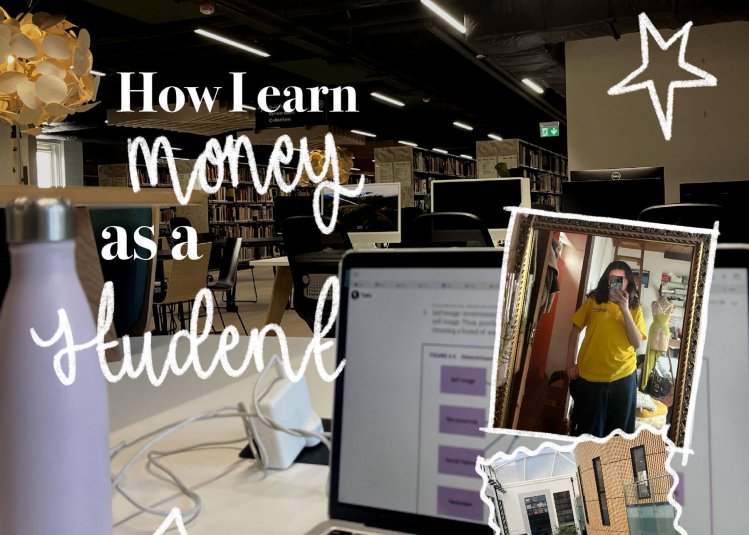
How I earn money as a student
03 February 2026
Becca discusses 5 ways she earns money alongside her studies.

Top 5 reasons why you should become a Student Ambassador
08 September 2025
I’ve been an ambassador for the past two years and I have loved it! Here are 5 reasons why you sho...

Tips for the first year of university
20 August 2025
Current student, Amelie offers her tips for the first year of university.

Enjoying student life on a budget
16 April 2025
A Falmouth student's top tips on how to enjoy student student life whilst sticking to a budget.
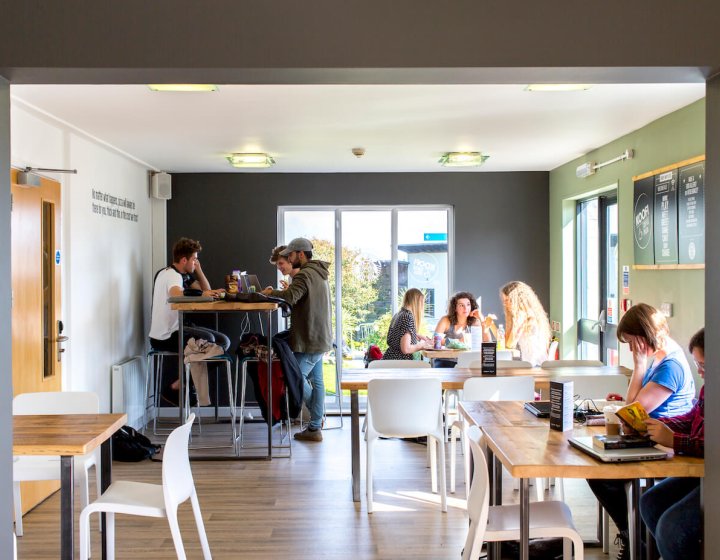
Budgeting tips from a Falmouth student
07 January 2025
Find tips on how to budget while studying at Falmouth.
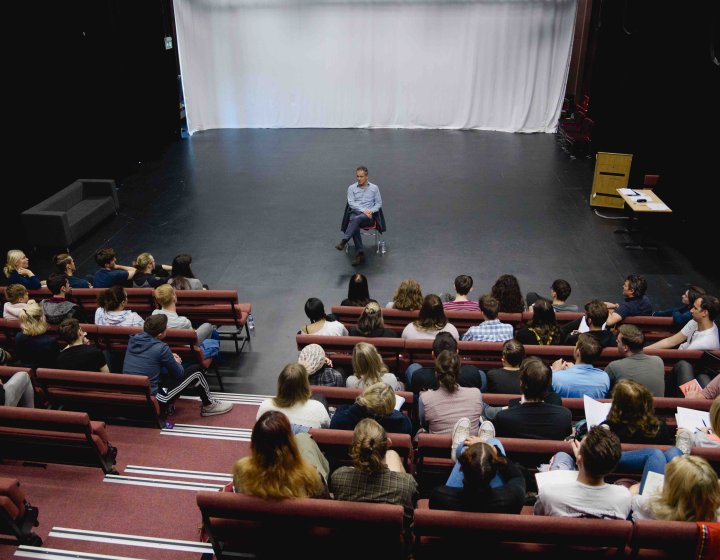
Working part-time alongside your studies
08 July 2024
Hi, I'm Zoe and I am currently studying on the BA(Hons) Acting degree at Falmouth Uni.
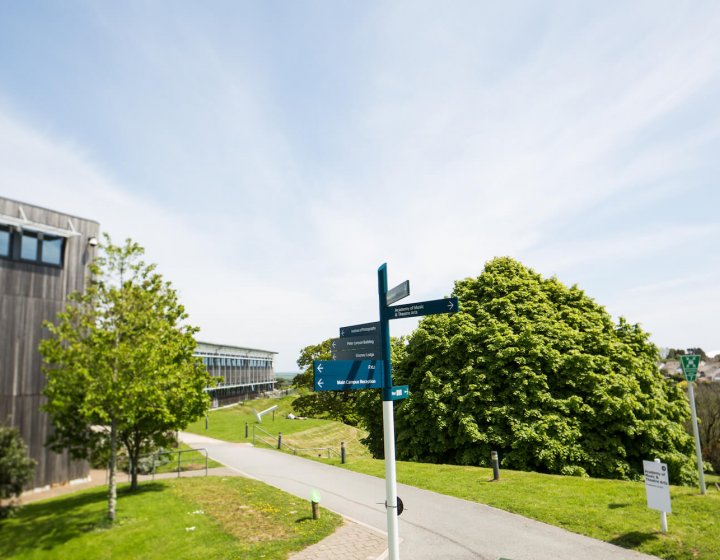
How to save money while studying at Falmouth
11 June 2024
I’ve studied and lived in Falmouth for the past three years, in this blog post I’ll share some m...
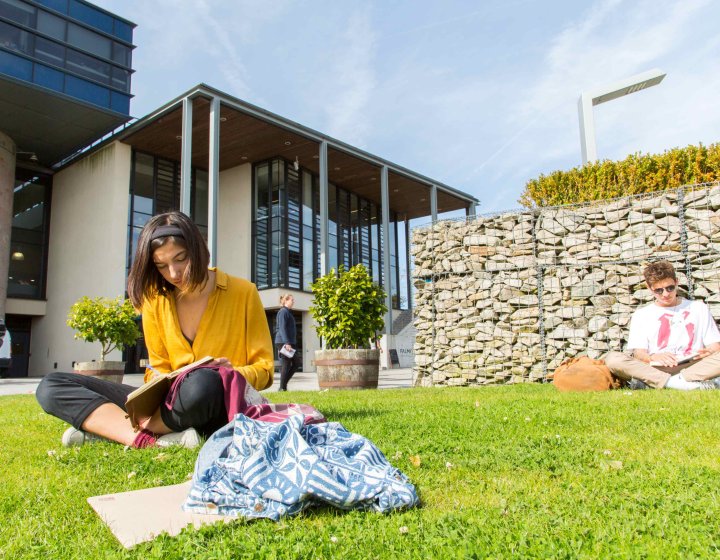
Making the transition from school to University
10 June 2024
Going to university can feel like a really big and scary step in your life. For many young people, u...
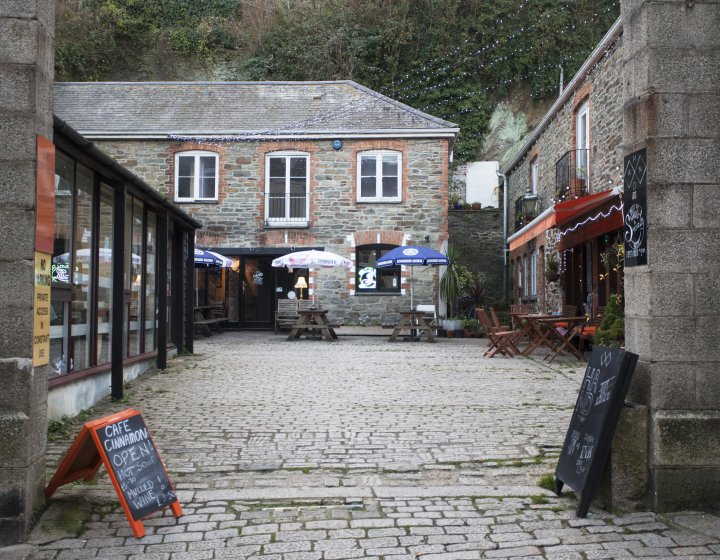
My experience settling in at Falmouth
10 June 2024
We are quickly approaching the start of a new year at Falmouth University, meaning that thousands of...

My top 5 tips for settling in at Falmouth
10 June 2024
Before coming to Falmouth, when enrolling online there is more information given to you, so do keep ...
Studying and working
Working part-time while studying can be a good way to earn money and learn transferable skills such as teamwork, communication and customer service.
However, you should be mindful that a new job shouldn't interfere too much with your studies. If you are thinking about working part-time while you study, many of our students work around Falmouth and some are employed by the University as Student Ambassadors or in other commercial roles on campus.
Visit our Studying and Working page for more advice on balancing part-time work with a degree.

Making the most of going to university in Cornwall
There's an incredible creative culture in Cornwall, a vibrant social scene and a buzzing Students' Union. Our beautiful county can be explored on land and on sea and has been the inspiration to some of the greatest creative talent in the last hundred years.
If you want to celebrate that creative culture with others, then Cornwall is home to theatres and performances by national and international acts, a whole host of festivals from music, to film to food, and a thriving gallery and exhibition scene.
Useful information
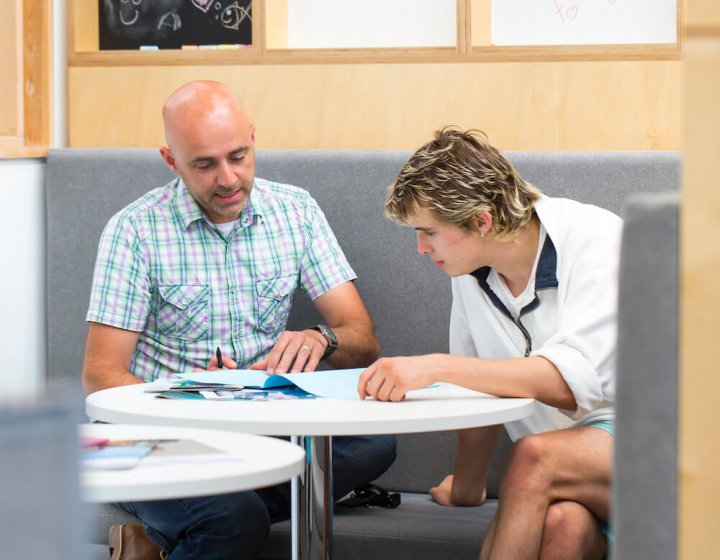
Student Funding
Explore your funding opportunities so you can make an informed plan about how to cover the costs of ...

Tuition Fees
Find out the tuition fees for your course, when and how you'll pay them.

Budgeting
Boost your money management confidence with advice, tips and resources for budgeting as a university...

Studying and Working
Explore different opportunities to work alongside your studies.

Employability Service
Access career support and advice from your Employability Service from day one of your studies, right...